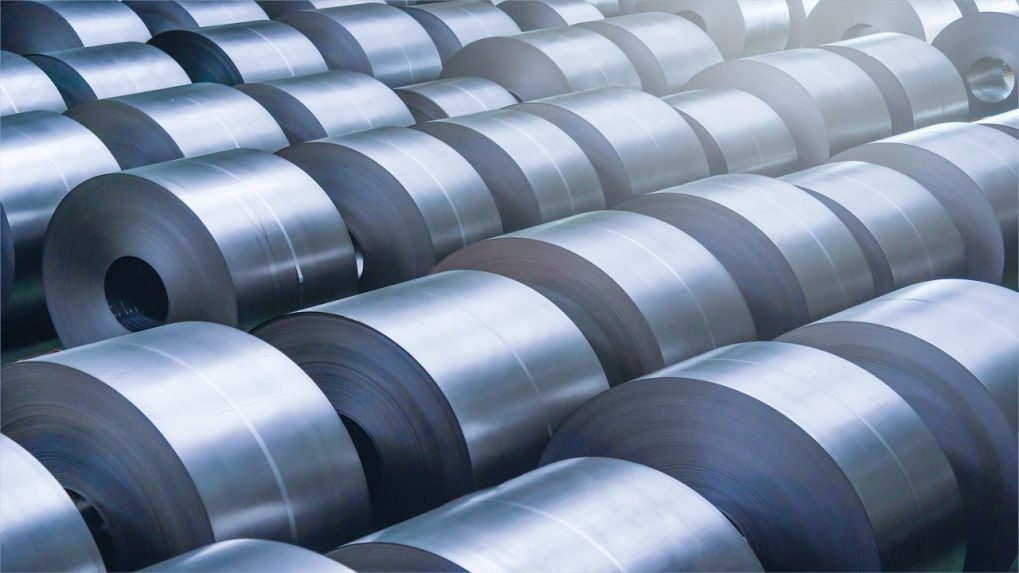It is precisely to prevent the current situation from happening that the countervailing duties were imposed on Chinese and Indonesian imports in September 2017 and October 2020 respectively. They were based on detailed investigations by the Directorate General of Trade Remedies (DGTR) of the Ministry of Commerce, which conclusively proved the existence of non-WTO-conforming subsidies in these countries.
The impact of suspending CVDs, as the DGTR would have expected, has been devastating. The first half of 2021-2022 saw a 185% increase in import volumes of stainless steel flat products in India compared to the average monthly imports in the last fiscal year. Average monthly imports also increased from 34,105 tons per month in FY21 to 63,154 tons per month in the current fiscal year.
As expected, the bulk of imports came from China and Indonesia, which increased by 300% and 339% respectively in the first half of this fiscal year compared to the average monthly imports last fiscal year. Today, Indonesia, with a manufacturing capacity of 55 lakh tons aided by Chinese investment, and with domestic consumption of just 2 lakh tons, has supplanted India to become the second largest manufacturer of stainless steel. in the world.
Prices for finished stainless steel products like cold rolled coils (grade 304) increased by 71% from Rs 1,58,690 per ton on July 1, 2020 to Rs 2,71,190 per ton on November 1, 2021. However, this increase was less. than in Europe and China where prices increased by 118% and 78% respectively.
Even though the profitability of stainless steel players has seen some improvements in recent quarters, it is still well below that of carbon steel players. This timing gain stems from the economic recovery and pent-up demand, further spurred by government stimulus – factors that will stabilize soon. As the commodity market is cyclical in nature, prices will also follow a similar trend. Additionally, since the industry operates on relatively lower margins and has intermittent profitability, any price declines will lead to inventory valuation losses, leading to a post-boom crash.
-The author, Abhyuday Jindal, is the general manager of Jindal Stainless. Opinions expressed are personal
(Edited by : Ajay Vaishnav)

